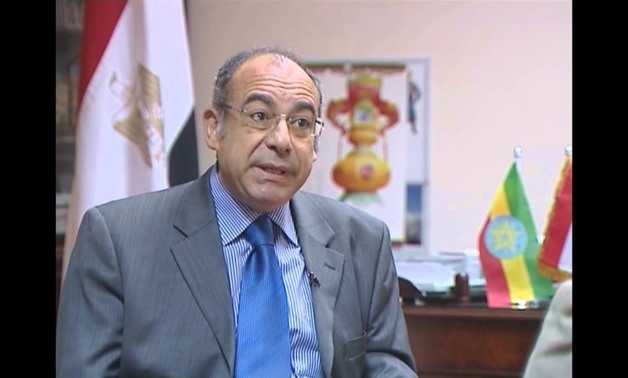
Egypt’s Permanent Representative to the United Nations, Ambassador Mohamed Idris - screen shot from YouTube channel
CAIRO – 7 February 2020: Marking the International Day of Zero Tolerance for Female Genital Mutilation (FGM), Egypt's Permanent Representative to the United Nations Mohamed Idris affirmed the government’s keenness to continue efforts to eliminate the long-standing phenomenon.
This comes only few days after a 12-year-old girl died from Female genital mutilation (FGM) in Upper Egypt’s Assuit governorate. The initial investigations revealed that parent and the uncle went to a gynaecologist for FGM. However, after the retired doctor carried out the FGM operation, the girl suffered from complications led to her death.
Idris affirmed the need to addressing the roots of this practice by spreading awareness and combating misconceptions. He highlighted the efforts of both Al-Azhar and the Coptic Church in this regard.
As a tradition, FGM is carried out by many people especially in some countries in Africa, Asia and the Middle East, through cutting or removing some or all of the external female genitalia.
Egypt imposed a complete ban on female genital cutting — also known as female genital mutilation or circumcision — in June 2007 after Budour Shaker, a 11-year-old girl in Upper Egypt’s Minya, died of an excessive dose of anesthesia while being cut at a private clinic.
Egypt’s Grand Mufti, the government’s official arbiter of Islamic law, decreed during the same year that female genital cutting was forbidden by Islam, in his strongest statement against the practice.
FGM was criminalized by Egyptian parliament in June 2008, thus creating a paradigm shift by moving the practice from social norm to crime.

Comments
Leave a Comment